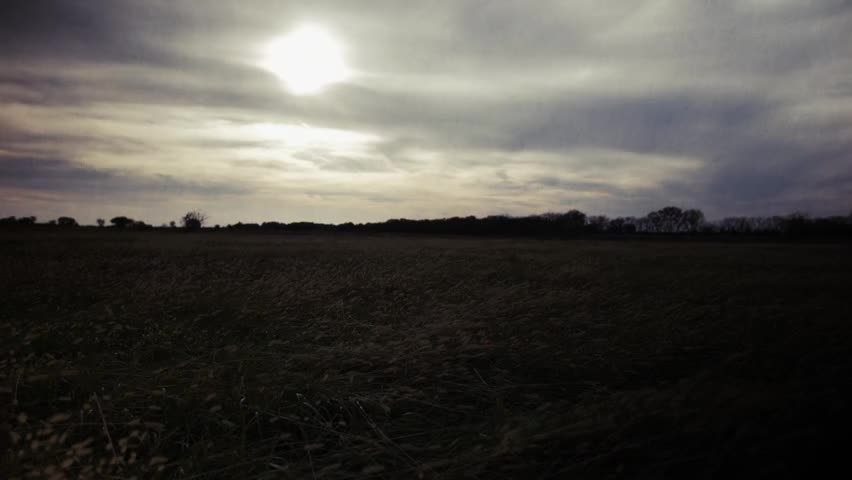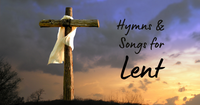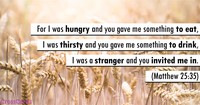Mighty, majestic, awesome. Gracious, loving, kind. Such descriptors for God are common, and rightly so. But how many of us would add "playful" to the list? How many of us think of God as the One who toys with us, the holy riddler? "Son of man," God commands Ezekiel, "give this riddle, and tell this story to the people of Israel" (Ezekiel 17:2). What follows is a warning of judgment couched in a tale of two eagles. "My loved one had a vineyard," sings the prophet Isaiah, with a description of Israel's fruitlessness following (Isaiah 5). The prophet Nathan, led by God, told King David a story about a "little ewe lamb" that exposed the shame of David's infidelity (2 Samuel 12:1-10). The meaning behind such riddles may be dire, but the method is playful, God being coy and indirect with us, using puzzles and parables to see if we have "ears to hear." "The kingdom of heaven is like a farmer who planted good seed . . . like a mustard seed . . . like a treasure . . . like a fishing net" (Matthew 13:24-52). When the holy riddler took on flesh, He came telling tales of farmers and fishermen, of lamps and tenants (Mark 4:21- 23, 12:1-12), of salt and children (Luke 14:34-35; Mark 9:36-37). Jesus taught little without using such riddles (Matthew 13:34) and while His audience was often let in on the riddle's meaning, the practice often frustrated His disciples! (John 16:29). But the holy riddler delivers His puzzles with a purpose. He speaks in parables to reveal spiritual truth (Matthew 13:35), but also to weed out those who don't truly want to hear (vv.11-15). He throws out a hook to see if we'll bite. Our response to God's riddles shows how much we really want to know of Him. , Sheridan Voysey
CLICK HERE to visit OurDailyJourney.org















